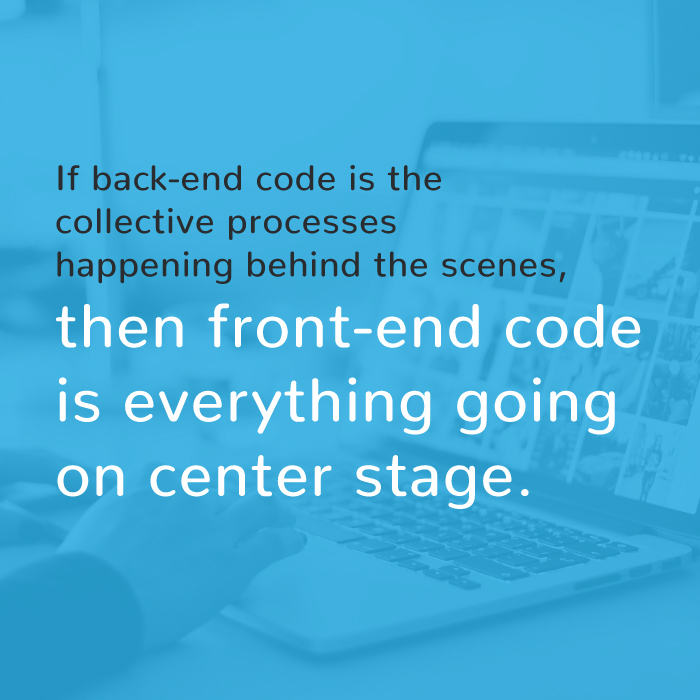Even if you’re not a programmer, you’ve probably heard of HTML. It’s the most fundamental markup language and it’s been around since the nineties. What you’re maybe not as familiar with is CSS. It’s an element of programming that’s just as important, and along with HTML and JavaScript, CSS is one of the three main cornerstones of technologies for the web. But just what is CSS, how does it work, and why is it so critical? Read on and learn.
What Is CSS?
CSS stands for cascading style sheets. In short, CSS is a design language that makes a website look more appealing than just plain or uninspiring pieces of text. Whereas HTML largely determines textual content, CSS determines visual structure, layout, and aesthetics. HTML is a markup language, and CSS is a style sheet language. Think “look and feel” when you think CSS.
How Does CSS Work with HTML?
If HTML were the engine components of a car, CSS would be the body style and the paint job. A website can run without CSS, but it certainly isn’t pretty. CSS makes the front-end of a website shine and it creates a great user experience. Without CSS, websites would be less pleasing to the eye and likely much harder to navigate. In addition to layout and format, CSS is responsible for font color and more.
Why Is CSS so important?
To illustrate the importance of CSS, here’s an example of a page on the DevMountain site with and without CSS, a type of visual CSS tutorial, if you will.
Here is a section of the DevMountain Courses page with CSS:

And here is that same section without CSS:

Stark contrast, right? You’ll notice quite a few differences between the two when it comes to overall presentation. With CSS, you see a change in font, font size, and font color. You also see a change in the format of the buttons and get an added blue background behind them. Each of these elements are possible because of cascading style sheets. As a user, which looks more enticing? It’s pretty easy to see why CSS is so crucial.
What are the Benefits of CSS?
There are a number of benefits of CSS, including:
1) Faster Page Speed
More code means slower page speed. And CSS enables you to use less code. CSS allows you to use one CSS rule and apply it to all occurrences of a certain tag within an HTML document.
2) Better User Experience
CSS not only makes web pages easy on the eye, it also allows for user-friendly formatting. When buttons and text are in logical places and well organized, user experience improves.
3) Quicker Development Time
With CSS, you can apply specific formatting rules and styles to multiple pages with one string of code. One cascading style sheet can be replicated across several website pages. If, for instance, you have product pages that should all have the same formatting, look, and feel, writing CSS rules for one page will suffice for all pages of that same type.
4) Easy Formatting Changes
If you need to change the format of a specific set of pages, it’s easy to do so with CSS. There’s no need to fix every individual page. Just edit the corresponding CSS stylesheet and you’ll see changes applied to all the pages that are using that style sheet.
5) Compatibility Across Devices
Responsive web design matters. In today’s day and age, web pages must be fully visible and easily navigable on all devices. Whether mobile or tablet, desktop, or even smart TV, CSS combines with HTML to make responsive design possible.
Want to Learn CSS?
As you can see, CSS is critical when it comes to the overall presentation of a web page. And not only that, it makes developers’ life a whole lot easier when it comes to formatting. Mastering CSS is a vital part of becoming a valuable asset and a solid programmer.
For even more guidance, consider enrolling in either our four-week $49 Coding Basics course to learn a few fundamentals of HTML, CSS, and JavaScript from live, online instruction (where you can ask professionals what languages they’re learning and using) or take the next step into a full web development bootcamp.








